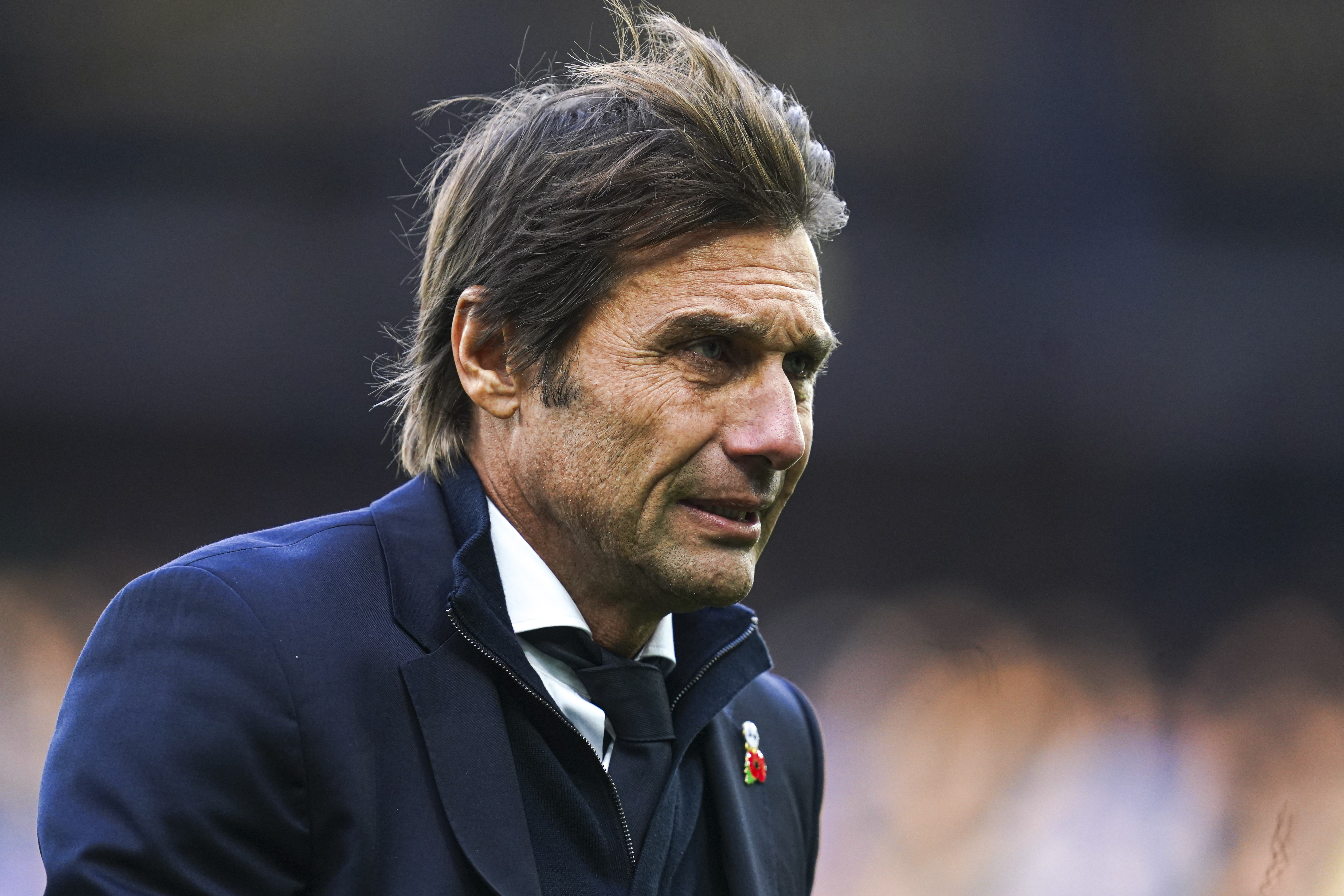The calm after the storm
After a weekend of horrendous violence, leaving two dead, the Easter weekend games were peaceful and mostly sober affairs.
At the Vélez game against a resurgent River, fans packed the stand and held up signs saying 'We will never forget you Emanuel'. The family of the deceased walked around the pitch to applause while asking for 'justicia' for the 24-year-old who was shot in the heart before last weekend's game against San Lorenzo.
Other fans held up posters saying that: 'This doesn't just stop with one minute of silence'.
The reputation of Argentine footballing culture has again suffered, but it is unlikely that this tragic episode will be the 'full stop' in the violence. It has long been a problem in a country where blind fanaticism is seamlessly mixed with organised crime.
Nevertheless, the police, long seen as a problem themselves, are beginning to crack down under public pressure. Yesterday the third highest member of the Boca Juniors barra brava El 12 was arrested, a minor blow to this highly-structured organisastion.
William Richard was taken into to custody under a public order offence along with 24 other members of the barra before their victory against Colon. Mauro MartÃÂn, the leader of the barra while Rafa Di Zeo sits in jail, still attended the game.
How far the police can or will punish these people is difficult to say. Allegations are rife that corrupt police work in cahoots with barra bravas and they invest a lot of time building up relations. (At Rafa Di Zeo's wedding a couple of years ago, for example, were several police chiefs, along with Maradona and members of the team.)
Get FourFourTwo Newsletter
The best features, fun and footballing quizzes, straight to your inbox every week.
To solve the violence requires not a major cultural change in Argentine football because the passion, fanaticism, excitement of the game is what makes Argentine football the most exciting in the world (as I argued a couple of days before the weekend of violence). It simply needs a crack down on those factions who are causing the the trouble.
River's barra Los Borrachos de Tablon (the Drunks of the Terrace) continue to fight among themselves for control of the barra. Why? Its the economy, stupid. These guys earn thousands of dollars by selling tickets, drugs, etc to the terraces they control â and that goes on among every barra of every team.
The problem is: who should crack down?
The police, with its inherent corruption, can't be an effective force, especially when 20 bucks can sort out almost any infraction.
The clubs too are at blame. But in Argentina, it is the fans who vote in the chairman and the board, and they simply can't be voted in without the support of the barra brava.
Mauricio Macri, the mayor of Buenos Aires, was, and still is for a while the chairman of Boca Juniors. And it is with him where much of the power lies. He isn't permitted to stand as chairman and mayor â and the words 'interest' and 'conflict' certainly spring to mind.
Let's leave the Argentine FA for another day, but they are generally seen as of no consequence at all.
Fortunately, the vast majority of fans are well behaved and abhor the violence that affects the game. It still is a beautiful game in Argentina, but the power of the barras needs to be dismantled. Then, once again, we can talk about what we are here for: the football.
